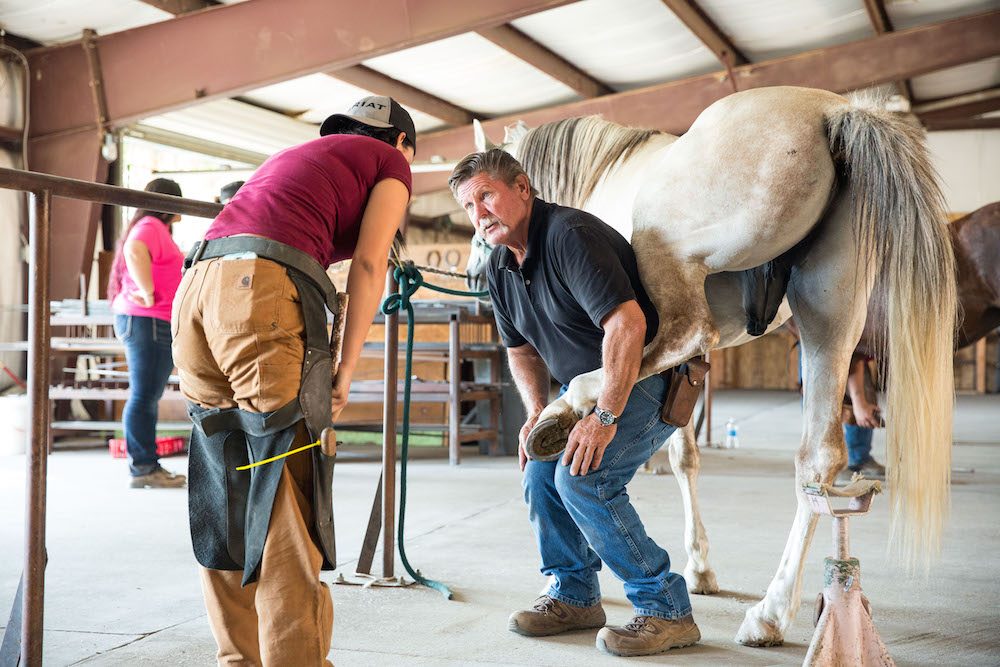A farrier school is getting its day in court 2 years after filing a federal lawsuit that challenges the constitutionality of California’s vocational admission laws.
The United States Ninth Circuit Court of Appeals will hear oral arguments at 9 a.m. Thursday, Oct. 24, 2019, at the James R. Browning U.S. Courthouse in San Francisco, Calif., in the matter of Pacific Coast Horseshoeing School, et al v. Dean Grafilo, et al. Grafilo is the director of the California Department of Consumer Affairs.
Bob Smith filed the lawsuit after the state threatened to shut down Pacific Coast Horseshoeing School if he taught Esteban Narez officially or unofficially. Section 94904(a) of the 2009 California Private Postsecondary Education Act requires that all students attain a high school degree, GED or pass a U.S. government-approved exam before entering a private trade or vocational school.
While California educators say that those who don’t possess basic skills have a greater risk of dropping out of school, Smith argues that it turns a blind eye toward those who do not graduate.
“There are more than 52,000 kids a year who don’t get high school diplomas in California,” he says. “What do you do with those kids? There are so many things — learning disabilities, incarceration, etc. — that have occurred in their younger lives and prevented them from getting a high school diploma. Now the state is telling them that they cannot invest in themselves.”
The law was intended to thwart what is referred to as “diploma mills” — schools that prey upon under-qualified students by issuing bogus credentials after saddling them with a large student loan debt.
Although the law is modeled after a federal law regulating student loans, California goes further. The U.S. government traditionally screens students who apply for federally funded loans to ensure the material being taught can be understood and learned. However, federal law does not restrict trade or vocational schools from accepting students who pay for their tuition. California, on the other hand, applies its law to all schools regardless of whether they accept student loans. Pacific Coast Horseshoeing School does not accept student loans.
“For students with limited education, this law is the biggest obstacle to their success,” says Smith, who was inducted into the International Horseshoeing Hall of Fame in 2010. “I’m outraged that the state of California is deciding which kid is a winner and which kid is a loser. You don’t have to know algebra to shoe a horse. You don’t have to know how to read a novel to shoe a horse. It makes no sense to require a high school education to learn a trade that was around for centuries before the printing press came along.”
Smith’s lawsuit is challenging California’s law on the grounds that it violates his First Amendment right to teach whoever wishes to learn.
“In 2010, the U.S. Supreme Court held that any conduct that consists of ‘communicating a message’ is protected by the First Amendment,” says Keith Diggs, an attorney for the Institute for Justice who is representing Pacific Coast Horseshoeing School. “By limiting who Bob is allowed to teach and what Esteban is allowed to learn, California has not only harmed the students most in need of an education but also violated their First Amendment rights.”
Further, the Supreme Court ruled in 1988 that it’s irrelevant whether compensation is involved.
“The degree of First Amendment protection is not diminished merely because … speech is sold rather than given away,” the court wrote in City of Lakewood vs. the Plain Dealer Publishing Co.








